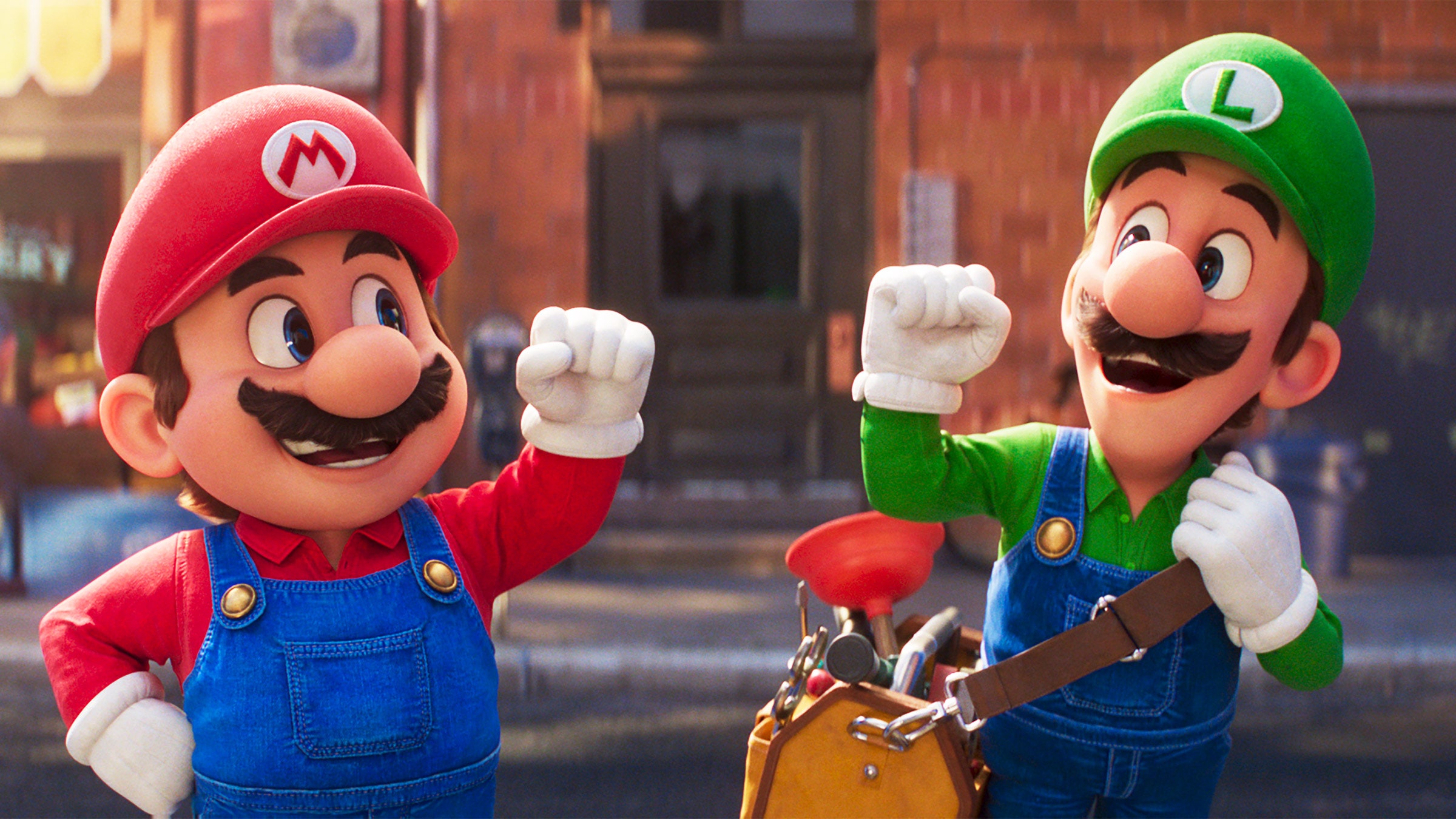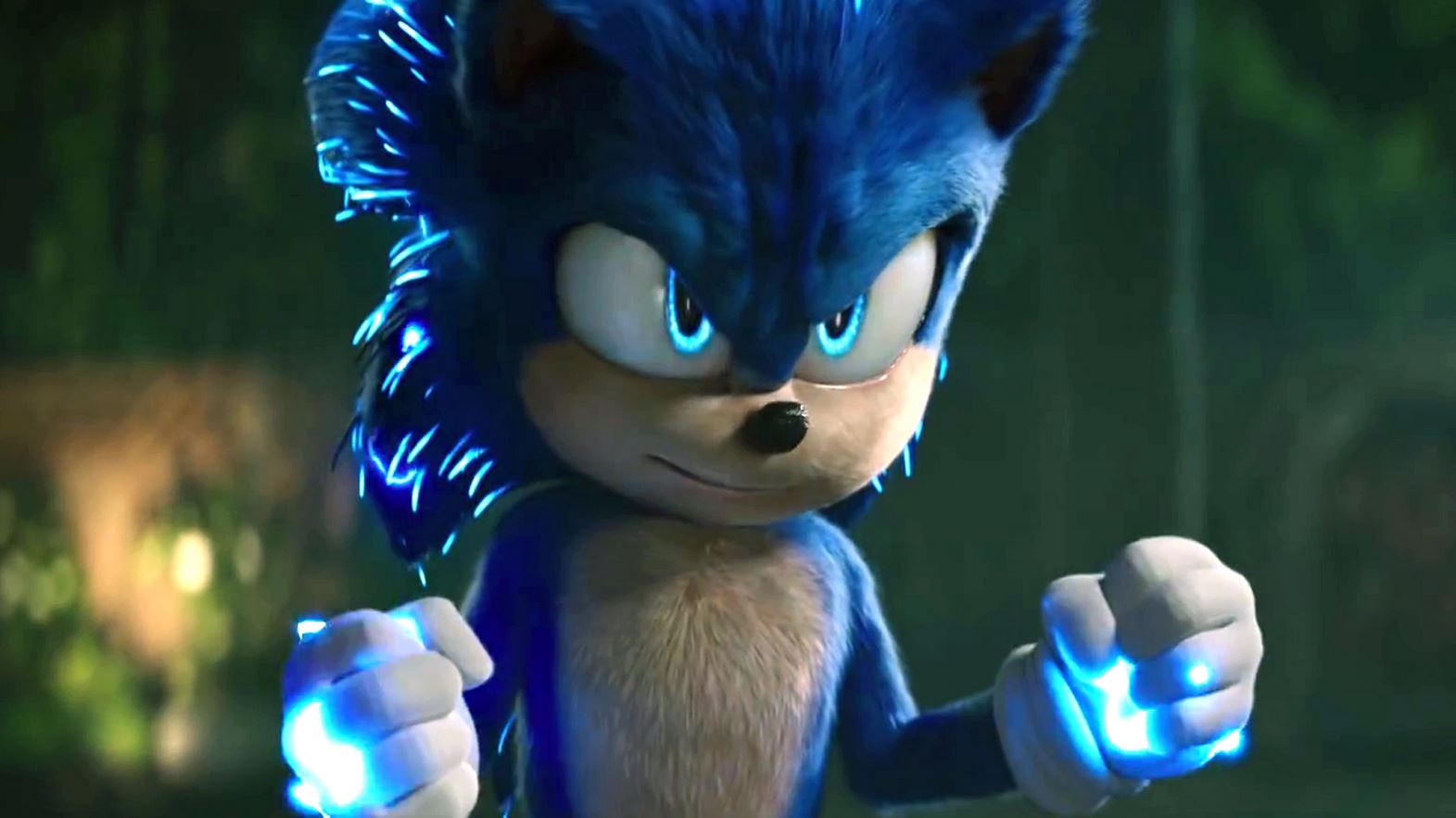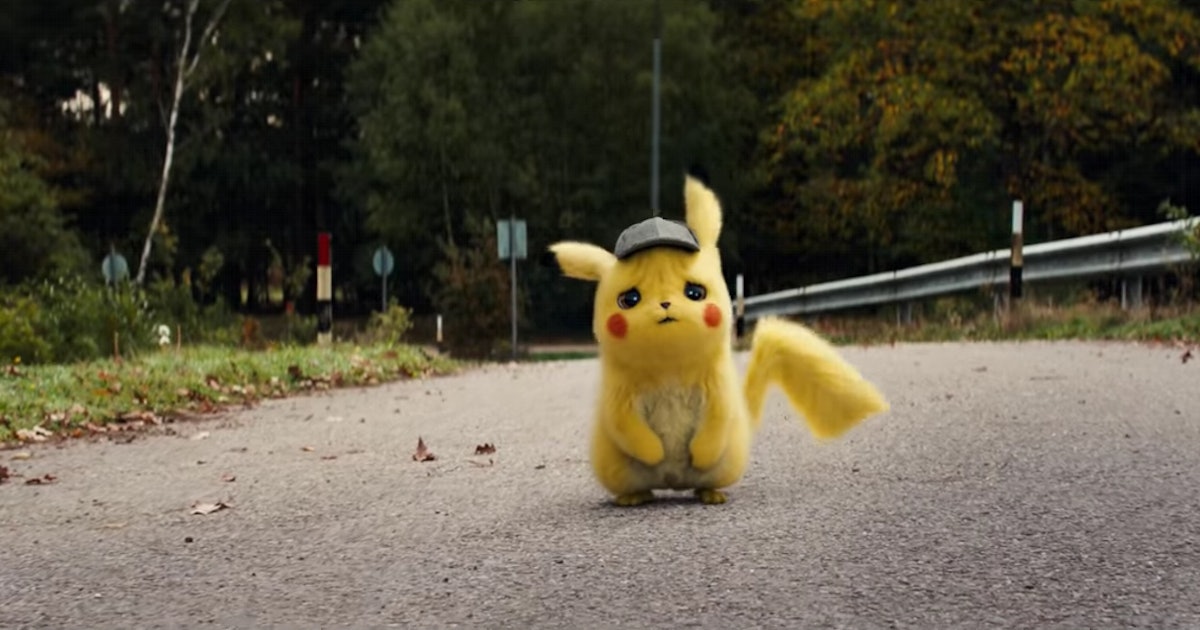So, after a few weeks in the theaters and despite some middling reception, Illumination’s Super Mario Bros. movie is a box office smash hit, scoring $872 million globally as of this week. Whatever your thoughts on the movie itself may be, you have to admit that it’s nice to see a video game adaptation really knock it out of the park like that, especially compared to the 1993 live-action Mario Bros. movie.
For those of you who are too young to remember, film studios attempted to make movie adaptations of video games, mostly live-action ones, all throughout the 90s and a bit into the early 2000s. Nearly all of them were completely unsalvagable (thanks in no small part to disgraced film director Uwe Boll, who you can find no shortage of YouTube essays about), with films like Street Fighter, Double Dragon, and Silent Hill drawing non-committal hand waves and memeing at best and outright vitriol at worst. In the last few years, though, something changed.
Respecting the Source Material
The release of films like Detective Pikachu and Sonic the Hedgehog has shown that games based on movies, even in a live-action format, can be good, or at least passably entertaining. Of course, there are still plenty of bad video game movies that have released recently like Monster Hunter or Uncharted, but where do those movies fall short that the success stories worked? I think that they key lay in how much respect the creators have for the source material.
That sounds like an obvious statement, right? You do your research, properly build your movie out of what it was based on, it’ll probably be good. But for one reason or another, some studios just can’t seem to wrap their heads around that. With Monster Hunter, for instance, the right move probably would’ve been a traditional fantasy romp about fledging hunters proving themselves, but instead, they went for this weird other-world premise with real-world soldiers. Why they went in this direction is anyone’s guess, though my guess is that it was a market research decision. Monster Hunter is a more niche franchise, at least out west, so they probably thought they had to shoehorn some guns in to keep the theatergoers invested. But I guarantee that a well-produced epic of fantasy hunters battling monsters in their own world would’ve gotten far more butts in seats than that lazy cash-in.
If you want a good example of respecting the source material in your game-to-movie production, look no further than HBO Max’s The Last of Us. The series adapted the story of the game (which was already pretty cinematic) nearly one-to-one, only cutting down on the meandering gun fights and adding a bit more characterization where it can fit. It definitely helps that the game’s creators were major members of the creative team, something which a lot of old game adaptation productions couldn’t be bothered with.
The Key Question
Creating an ideal video game adaptation should start with a single vital question: “how can we translate this game into a film narrative?” Again, this sounds like a simple matter, but the question many studios have asked themselves instead is “how can we translate this game’s image into a film narrative?” It wasn’t about actually adapting a game’s existing story or fleshing out its world and characters, it was just a matter of making some random schlock and slapping the game’s name and imagery on it, banking on brand recognition to fill theaters. I won’t deny that brand recognition can draw theatergoers for like… a day, but definitely not for much longer after that.
If you’re going to make a movie out of a game, you need to make a movie out of the whole game. The characters, the existing narrative, and the concepts. Does that necessitate some extra research on the filmmakers’ part? You bet it does, but if they don’t want to do their homework, they shouldn’t get to make the movie. If you want to make a cohesive narrative from a game, especially one that’s more narrative-lite like Sonic or Mario, you need to ask yourself, “what kind of story can I tell using these established characters and rules?” It’s kind of like writing fanfiction, if you think about it.
There are still a bunch of video game movies on the horizon, including Five Nights at Freddy’s, Minecraft, and Borderlands. I don’t know if these films will destroy the box office like Mario and Sonic did (though Freddy’s and Minecraft will definitely have the kid vote on lock), but I do hold out more hope for them than I would’ve one or two decades ago. Perhaps it’s simply the passage of time, and the fact that people who grew up playing and loving games are now the ones actually making the movies. Certainly, if anyone’s going to respect the source material, it’ll be those who actually took the time to experience it all the way through in their formative years.


































